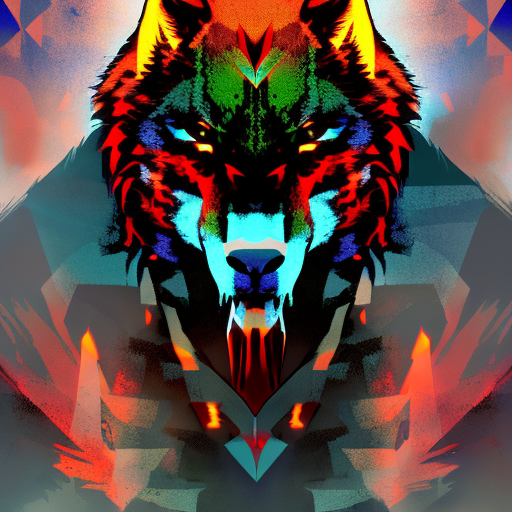One-line Summary:
White Fang is a gripping adventure novel that explores the themes of survival, loyalty, and the innate wildness within all creatures.
White Fang, written by Jack London, is a captivating adventure novel set in the harsh and unforgiving wilderness of the Yukon Territory during the Klondike Gold Rush. The story follows the journey of a half-wolf, half-dog named White Fang, from his birth in the wild to his eventual domestication by humans. Through White Fang’s experiences, London delves into the primal instincts of animals and humans alike, exploring themes of survival, loyalty, and the inherent wildness within all creatures.
The Wild and Savage World of White Fang
In the first part of the novel, London paints a vivid picture of the brutal and merciless world in which White Fang is born. White Fang’s early days are filled with hunger, violence, and constant struggle for survival. He learns to navigate the treacherous landscape, battling other animals and enduring the harsh elements. London’s descriptive prose immerses the reader in the wild and savage world of the Yukon, where only the fittest survive.
The Transformation of White Fang
As the story progresses, White Fang’s life takes a dramatic turn when he is captured and brought into the world of humans. Initially, he is subjected to cruelty and mistreatment, which shapes his perception of humans as ruthless beings. However, as White Fang encounters kind and compassionate individuals, he begins to understand the potential for love and loyalty. His transformation from a fierce and solitary creature to a loyal and devoted companion is a testament to the power of kindness and understanding.
The Battle Between Instinct and Civilization
Throughout the novel, London explores the conflict between the instinctual nature of animals and the civilized world of humans. White Fang constantly grapples with his wild instincts, which clash with the expectations and rules imposed upon him by his human companions. This internal struggle is mirrored in the human characters as well, who must confront their own primal urges in the face of adversity. London suggests that the line between civilization and savagery is thin, and that the wildness within all creatures can never be fully tamed.
- Survival in the harsh wilderness requires adaptability and resilience.
- Kindness and compassion have the power to transform even the wildest of creatures.
- The battle between instinct and civilization is a constant struggle for both animals and humans.
“The aim of life was meat. Life itself was meat. Life lived on life. There were the eaters and the eaten. The law was: EAT OR BE EATEN.” – Jack London, White Fang
In conclusion, White Fang is a gripping and thought-provoking novel that delves into the primal nature of animals and humans. Through the journey of White Fang, London explores themes of survival, loyalty, and the eternal battle between instinct and civilization. The novel serves as a reminder that even in the harshest of environments, kindness and compassion can prevail, and that the wildness within all creatures should be respected and understood.












